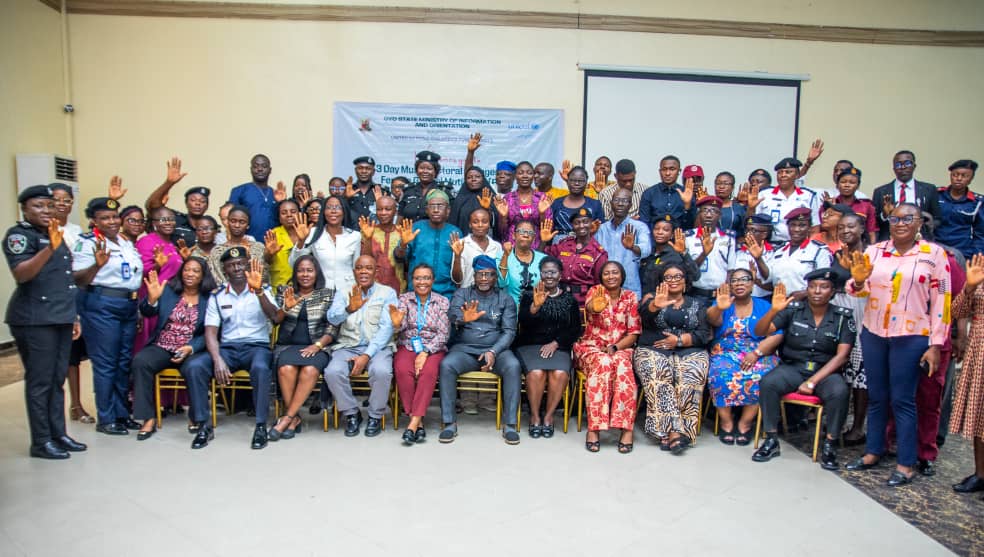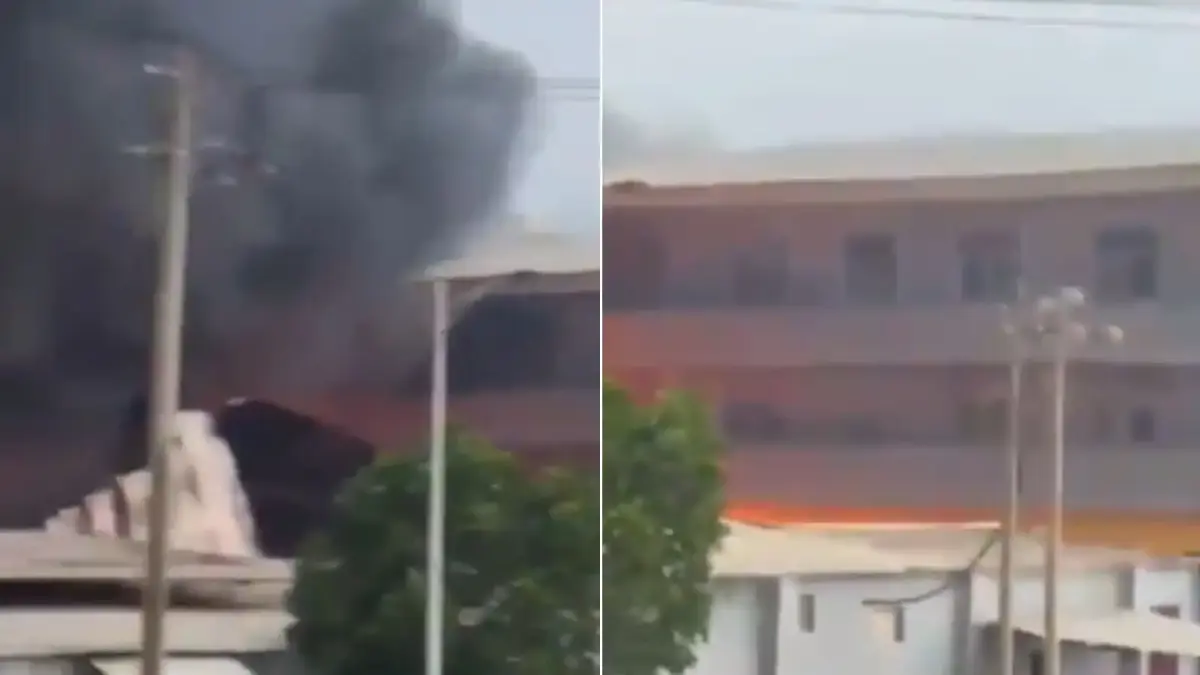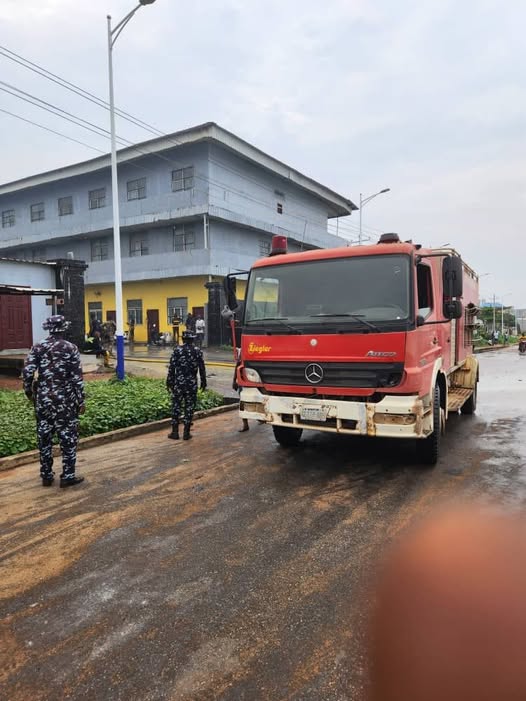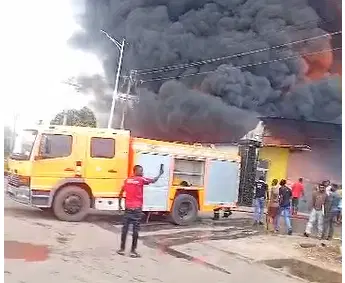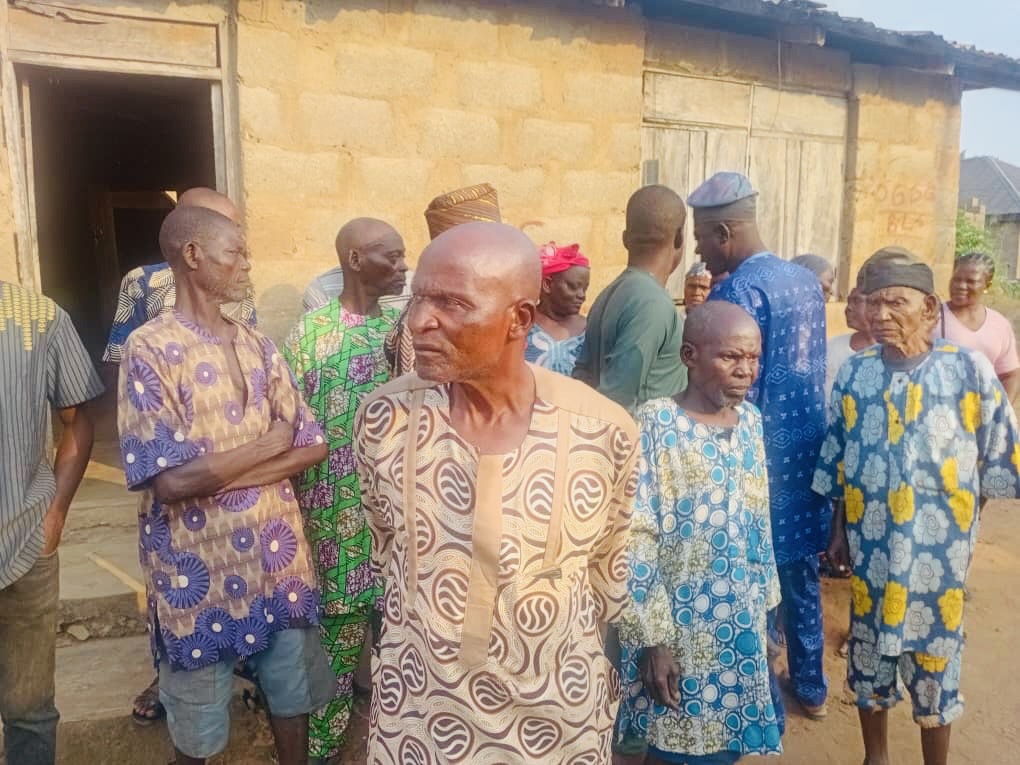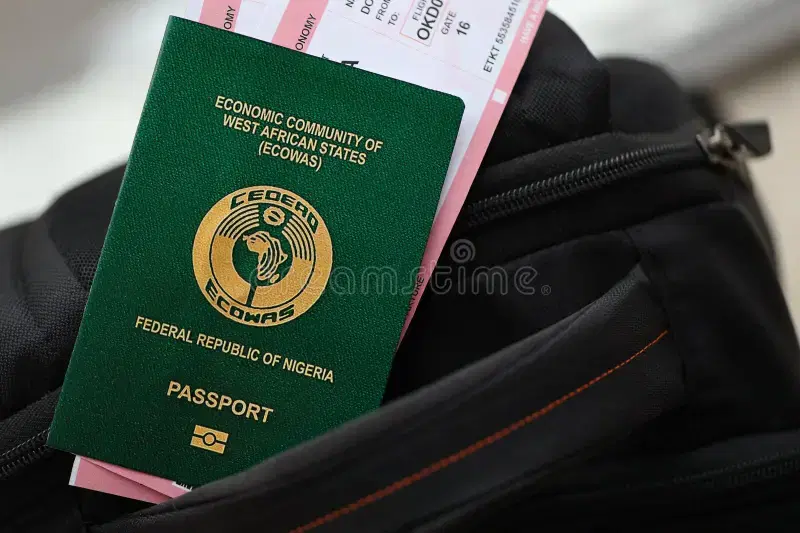The Oyo State Government, in partnership with the United Nations Children’s Fund, on Friday, called for a strengthened prosecution of Female Genital Mutilation cases across Edo, Ekiti, Osun, and Ondo.
This submission was upheld at a 3-day Multi-sectoral Engagement meeting which brought together law enforcement officials, judicial actors, NGOs, government agencies and religious leaders.
The workshop is focused on improving justice system responses and survivor-centred approaches in addressing FGM, held at Ibeju-Lekki, Lagos State.
Female Genital Mutilation remains a widespread practice in parts of Nigeria despite being outlawed under the Violence Against Persons (Prohibition) Act of 2015 and the Child Rights Law adopted by many states.
According to UNICEF, Nigeria accounts for the third-highest number of women and girls who have undergone FGM globally, with millions still at risk.
In his opening remarks, the Permanent Secretary, Oyo State Ministry of Information, Rotimi Babalola, who represented the Commissioner, Dotun Oyelade, described the engagement as “apt and timely,” citing the continued prevalence of FGM despite the existence of relevant laws such as the Violence Against Persons (Prohibition) Act (VAPP) and the Child Rights Law.
He pointed out that all five states already have legal frameworks in place, such as the VAPP and the Child Rights Law, which criminalise the practice.
Oyelade stressed that low levels of reporting, weak enforcement, inadequate survivor-centred responses and fragmented inter-sectoral collaboration have continued to limit their effectiveness.
The commissioner, therefore, commended UNICEF for initiating the workshop, noting that it brings together critical stakeholders, including law enforcement officers, judicial officials, NGOs, government agencies, and religious institutions.
The aim, according to him, is to bridge existing gaps in FGM response through enhanced capacity building, timely case documentation, protection of survivors and prosecution of offenders.
“The goal is clear, which is to enhance FGM reporting, ensure survivor protection, and strengthen the justice system through improved multi-sectoral collaboration.
“The workshop is expected to improve participants’ knowledge of FGM laws, survivor-centred responses, and reporting procedures. It also aims to establish and strengthen coordination mechanisms among the law enforcement, health, social welfare, and justice sectors.”
He urged participants to propose actionable strategies, strengthen inter-agency coordination, and critically review existing enforcement gaps that hinder progress in ending FGM.
Oyelade also expressed gratitude to UNICEF and implementing partners for their swift coordination and support for the workshop.
“I am confident that with the calibre of attendees at this workshop, we shall have a successful outing and make significant progress in our collective efforts to eliminate FGM—for the future of the girl-child, who will grow up to become a mother in our society,” he added.
Also speaking, the UNICEF Child Protection Specialist, Denis Onoise, emphasised the urgency of eliminating the harmful practice, outlining the four types of FGM, namely clitoridectomy, excision, infibulation, and unclassified forms.
Onoise said, “Despite the adoption of laws like the VAPP Act in many states, prosecutions are rare, and communities are reluctant to report cases.”
He, therefore, called for stronger legal enforcement, greater budgetary commitments for anti-FGM programs, and the continued engagement of traditional leaders and men-led advocacy groups.
The specialist then urged the state House of Assemblies, law enforcement and the justice sectors to take stronger action, including prosecuting offenders and increasing budget allocations for FGM programs.
“Our goal is clear, we need to increase our steps ten times beyond what we are doing now to eradicate FGM in our states by 2030,” he advised.
Earlier, the Executive Director of Trailblazer Initiative, Dare Adaramoye, called for the establishment of specialised courts to handle gender-based violence cases, including FGM.
The Oyo State Government and UNICEF’s renewed call reflects growing concern that existing laws must be backed with stronger prosecution, survivor-centred responses, and multi-sectoral collaboration if Nigeria is to meet the global target of ending FGM by 2030.
FOLLOW US ON:
FACEBOOK
TWITTER
PINTEREST
TIKTOK
YOUTUBE
LINKEDIN
TUMBLR
INSTAGRAM

 News9 hours ago
News9 hours ago
 Politics9 hours ago
Politics9 hours ago
 News9 hours ago
News9 hours ago
 News8 hours ago
News8 hours ago
 News9 hours ago
News9 hours ago
 Politics8 hours ago
Politics8 hours ago
 Crime8 hours ago
Crime8 hours ago
 News8 hours ago
News8 hours ago
